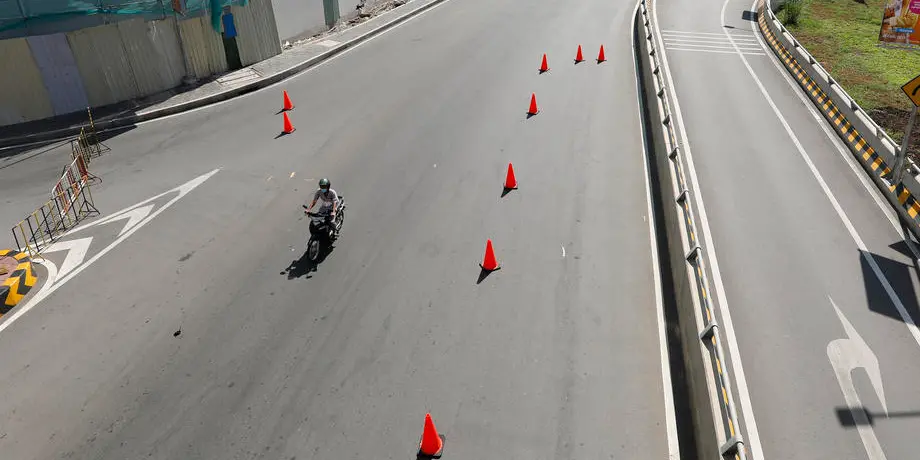
Cambodia must drastically change its COVID-19 approach, MPs say
May 03, 2021

JAKARTA – Regional lawmakers have today sounded the alarm over the Cambodian government’s disproportionate and excessive measures in response to COVID-19, and urged it to provide relief to those in need and to adopt a comprehensive approach that places human rights at its center.
Amid the rise of COVID-19 cases this year, Cambodia has introduced a slew of harsh laws, sub-decrees, and other measures to curb the spread of the virus, including by imposing heavy criminal penalties against those who violate them. Strict lockdown measures have also severely affected some residents’ access to basic necessities such as food, and have been enforced with violence by the police. Meanwhile dozens of people have been arrested or received arrest warrants on incitement charges for criticizing the government’s response to the pandemic, including opposition leader Sam Rainsy.
“While the government has an obligation to prevent the further spread of COVID-19, its measures must be necessary and proportionate to the threats posed by the virus. What we are seeing however is a government that is issuing threats and violence and pushing people further into hunger,” said France Castro, member of ASEAN Parliamentarians for Human Rights (APHR) and a Philippine Member of Parliament (MP).
For example, the Law on Measures to Prevent the Spread of COVID-19 and Other Serious, Dangerous and Contagious Diseases allows authorities to restrict travel, gatherings, demonstrations, and business operations or professional activities. Offenders under this law can be sentenced to up to 20 years in prison and fined 20 million riels (US$5,000). According to human rights group LICADHO, at least 258 people were arrested under the COVID-19 Law between 10 and 25 April and fined, sent to quarantine centers and/or sent to court.
“Twenty years in prison for not respecting a travel ban or for taking part in a demonstration is totally excessive. The pandemic should not be used as an excuse by the government to impose dictatorial and anti-democratic rules,” said Wong Chen, APHR member and a Malaysian MP.
In addition, the lockdown measures imposed in specific areas known as “red zone” in Phnom Penh have reportedly cut off food supplies for tens of thousands who are now in dire need of aid. These restrictions, which ban residents from leaving their homes unless for medical reasons, initially saw the government commit to providing food and water, but it has since said they will be selling products instead. Garment workers, who rely on daily wages and have not been able to work, have been especially affected as many clothing factories are located within this high-risk infection zone.
The government has since extended the lockdown until 5 May.
“The very same people the government is supposed to protect are now most at risk of severe financial hardship. For a successful recovery from this crisis, the government has to be compassionate and not be cruel. The government should focus on access to food, protection of jobs via a wage subsidy scheme, and larger welfare and fiscal spending. By empowering people with more rights and protection, the people will become more resilient and productive and this in turn will positively contribute to a full recovery from the pandemic,” said Wong.
ASEAN Parliamentarians for Human Rights (APHR) was founded in June 2013 with the objective of promoting democracy and human rights across Southeast Asia. Our founding members include many of the region's most progressive Members of Parliament (MPs), with a proven track record of human rights advocacy work.